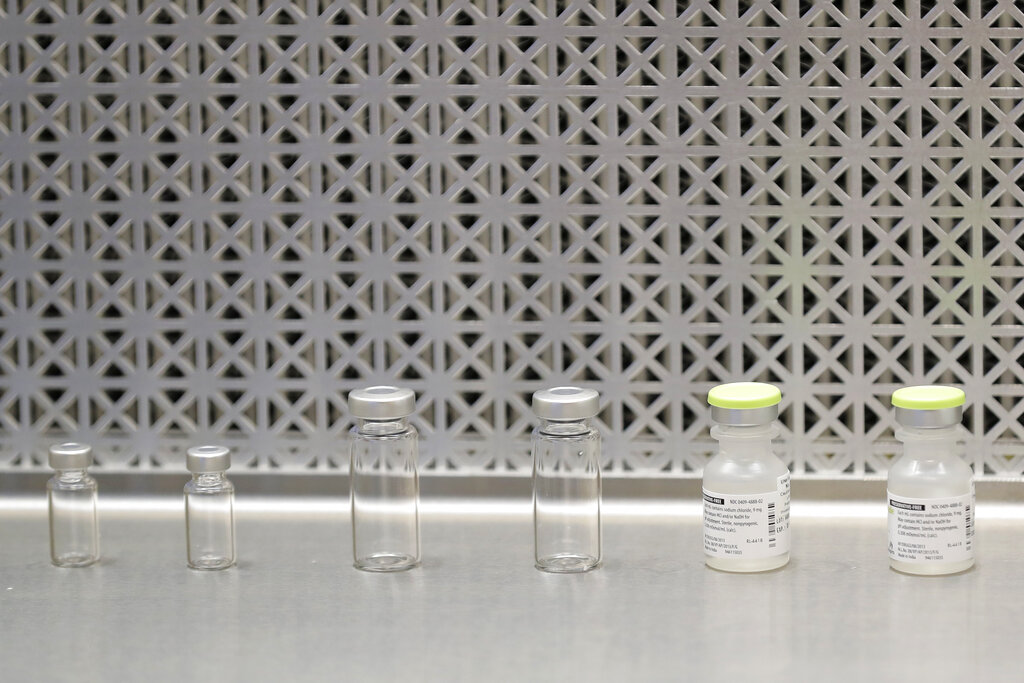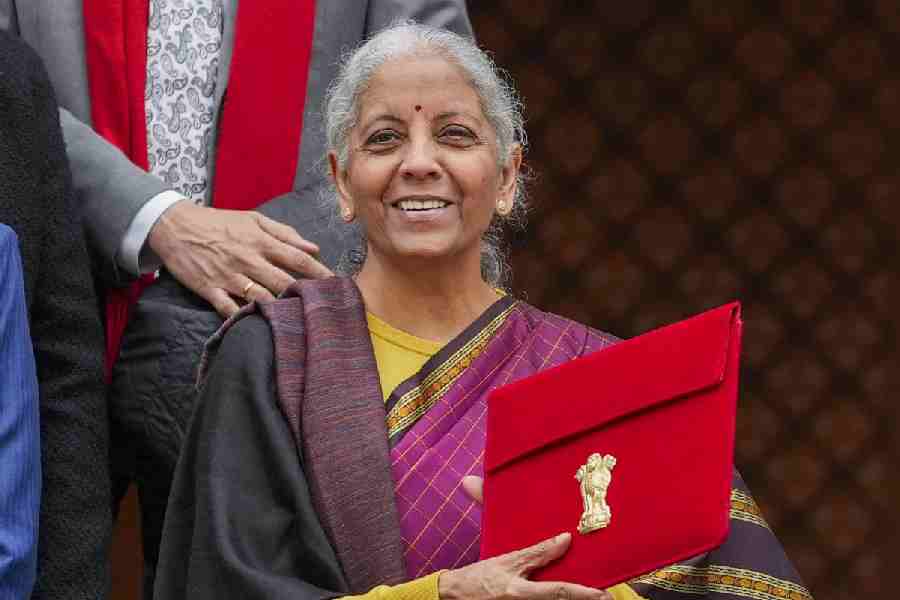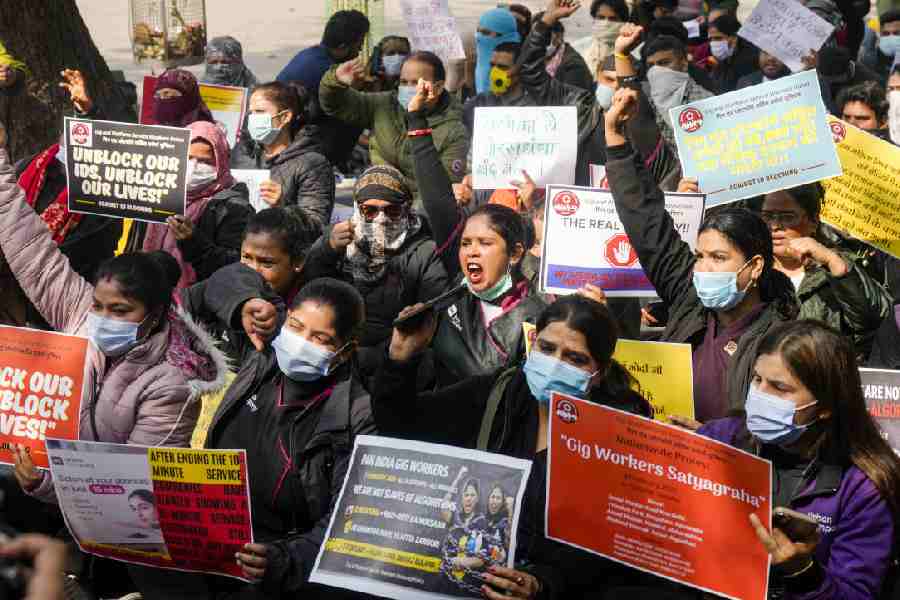With the Prime Minister Boris Johnson away for the foreseeable future, the strains in government are beginning to show with a huge row developing over the lack of Personal Protective Equipment (PPE).
The health secretary Matt Hancock has given widespread offence by suggesting hospital staff were overusing them and urging them to treat PPE as a “precious” resource.
Given the dire circumstances and a UK death of about 1,000 a day, a coronavirus vaccine could not come soon enough. Although,the best scientists across the world are in a race to find a solution, Oxford University attracted attention on Saturday.
Sarah Gilbert, professor of vaccinology at Oxford, told The Times that a coronavirus vaccine being developed by her team could be available for the general public by September.
She was “80 per cent confident” that the vaccine would work, with human trials due to begin in the next fortnight.
She said: “I think there’s a high chance that it will work based on other things that we have done with this type of vaccine. It’s not just a hunch and as every week goes by we have more data to look at... I would go for 80 per cent, that’s my personal view.”
She believes that letting volunteers from places that have not imposed lockdown measures become infected naturally as soon as possible will accelerate the clinical trial process. “Total lockdowns do make it harder,” she explained. “But we don’t want the herd immunity either. We want them to be susceptible and exposed for the trials purely to test the efficacy.”
In order for the vaccine to be distributed in the autumn, Gilbert said the government will need to start production before it is proven to work.
She told the paper: “We don’t want to get to later this year and discover we have a highly effective vaccine and we haven’t got any vaccine to use.”
Meanwhile, the political row over PPE is growing.
On behalf of the NHS, Donna Kinnair, general secretary of the Royal College of Nursing, hit back at Hancock, emphasising that no amount of PPE was “more precious a resource than a healthcare worker’s life, a nurse’s life, a doctor’s life”.
“I take offence actually that we are saying that healthcare workers are abusing or overusing PPE,” she said. “I think what we know is, we don’t have enough supply and not enough regular supply of PPE. This is the number one priority nurses are bringing to my attention, that they do not have adequate supply of protective equipment.”
Hancock, who is coming under pressure for the government’s perceived failure to get the PPE to where it is needed, has insisted there is enough stock of face masks, gowns and gloves available but he also admitted distributing them was proving a “Herculean logistical effort”.
He has caused outrage by remarking: “It is really important that people don’t overuse PPE either. I don’t want to impugn blame on people who have used more PPE than the guidelines suggest because I understand the difficulties in the circumstances. What I would say it is very important to use the right PPE and not overuse it.”
Hancock confirmed that 19 NHS workers have died from coronavirus.
Reports have emerged from the front line of health workers forced to treat patients in homemade protective gear made from bin bags and curtains.
Rehana Azam, national officer for the GMB, the trade union whose members include NHS staff, said: “PPE is not just a precious resource, it is an absolute necessity to protect lives. GMB is deeply concerned about any inference that NHS workers are responsible for the failures of government to properly protect our protectors.”
The new Labour leader, Keir Starmer, said: “It is quite frankly insulting to imply frontline staff are wasting PPE. There are horrific stories of NHS staff and care workers not having the equipment they need to keep them safe. The government must act to ensure supplies are delivered.”










